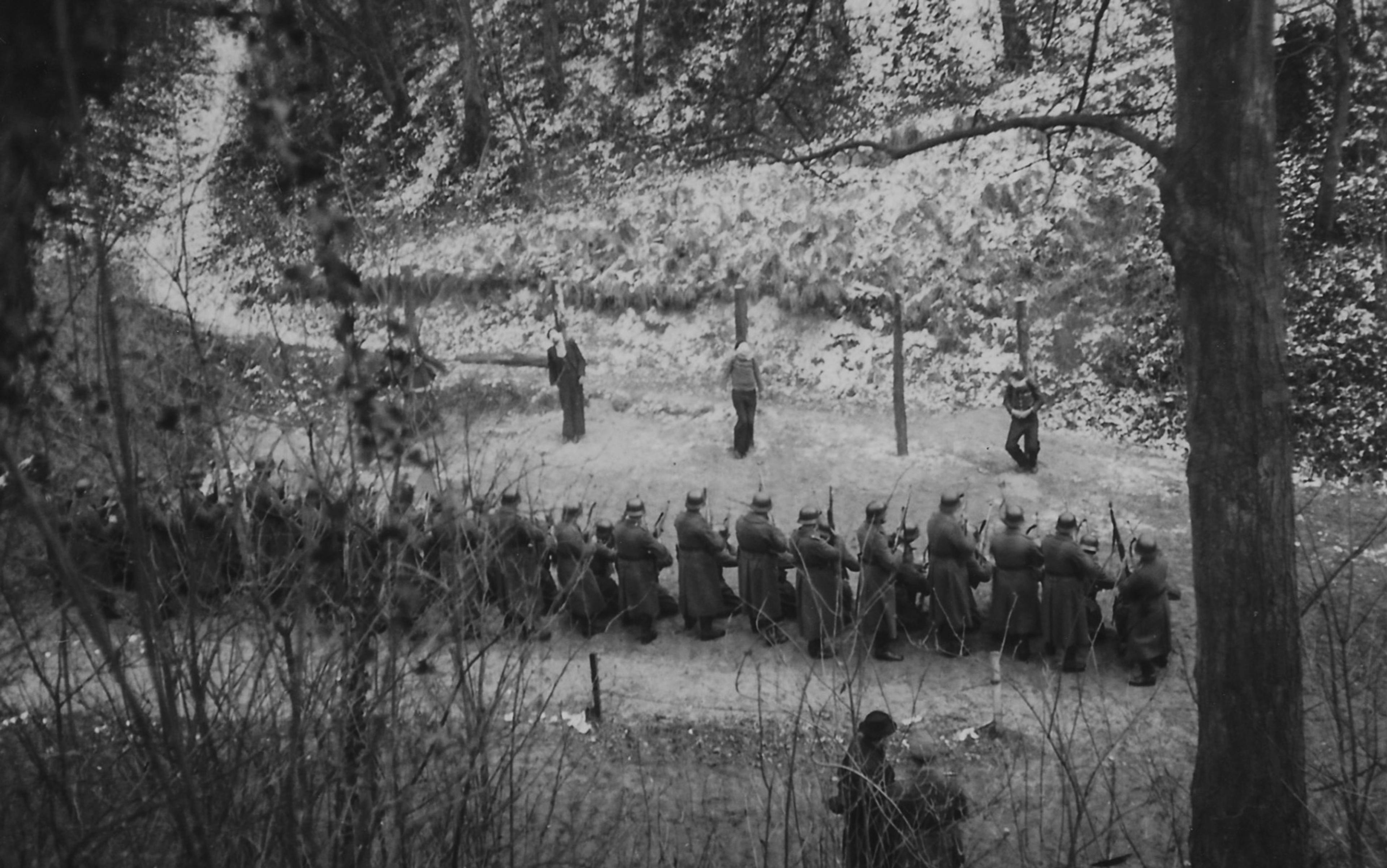Essays

essay
Cosmology
Just a pale blue dot
When we see the Earth as ‘a mote of dust suspended in a sunbeam’ what do we learn about human significance?
Tim Bayne

essay
Philosophy of science
More-than-human science
When AI takes over the practice of science we will likely find the results strange and incomprehensible. Should we worry?
Brandon Boesch

essay
Thinkers and theories
The truth about love
In Plato’s Symposium, Socrates shared a theory of love from the teachings of a ‘non-Athenian woman’. Who was she really?
Armand D’Angour

essay
Death
The last letter
Condemned to death by firing squad, French resistance fighters put pen to paper. Their dying words can teach us how to live
Daniel R Brunstetter

essay
Space exploration
Have they been here?
When we look for extraterrestrials, we often peer into the depths of space. But alien life might be closer than you think
Ravi Kopparapu & Jacob Haqq Misra

essay
Meaning and the good life
Welcome to the Chaoscene
The climate crisis is here. In order to thrive in these dangerous and precarious times, we must build resilient communities
Rupert Read

essay
Genetics
Beanbag genetics
Today a bitter dispute about the nature of biology is underway. A simple bag of beans may be what tips the balance
Zachary B Hancock

essay
Nations and empires
Shame and revolution
Vietnam’s potent and storied anticolonialism is founded upon a unique sense of national shame
Kevin D Pham

essay
The environment
On unstable ground
A ‘great reshuffle’ of the land is underway. It will force us to reconsider traditional ideas of property and ownership
Michael Albertus

essay
Philosophy of mind
By the light of brahman
Ideas from classical Indian philosophy help illuminate the enigmas of selfhood, consciousness and the nature of reality
Anand Vaidya & Manjula Menon

essay
Gender
Does testosterone make men?
In probing whether there are basic sex differences in humans, a psychologist and a biologist agree to seriously disagree
Cordelia Fine & Carole Hooven

essay
Language and linguistics
The lonely life of a glyph-breaker
The heroic days of deciphering hieroglyphics and cuneiform make for great stories, but will we ever see that happen again?
Francesco Perono Cacciafoco